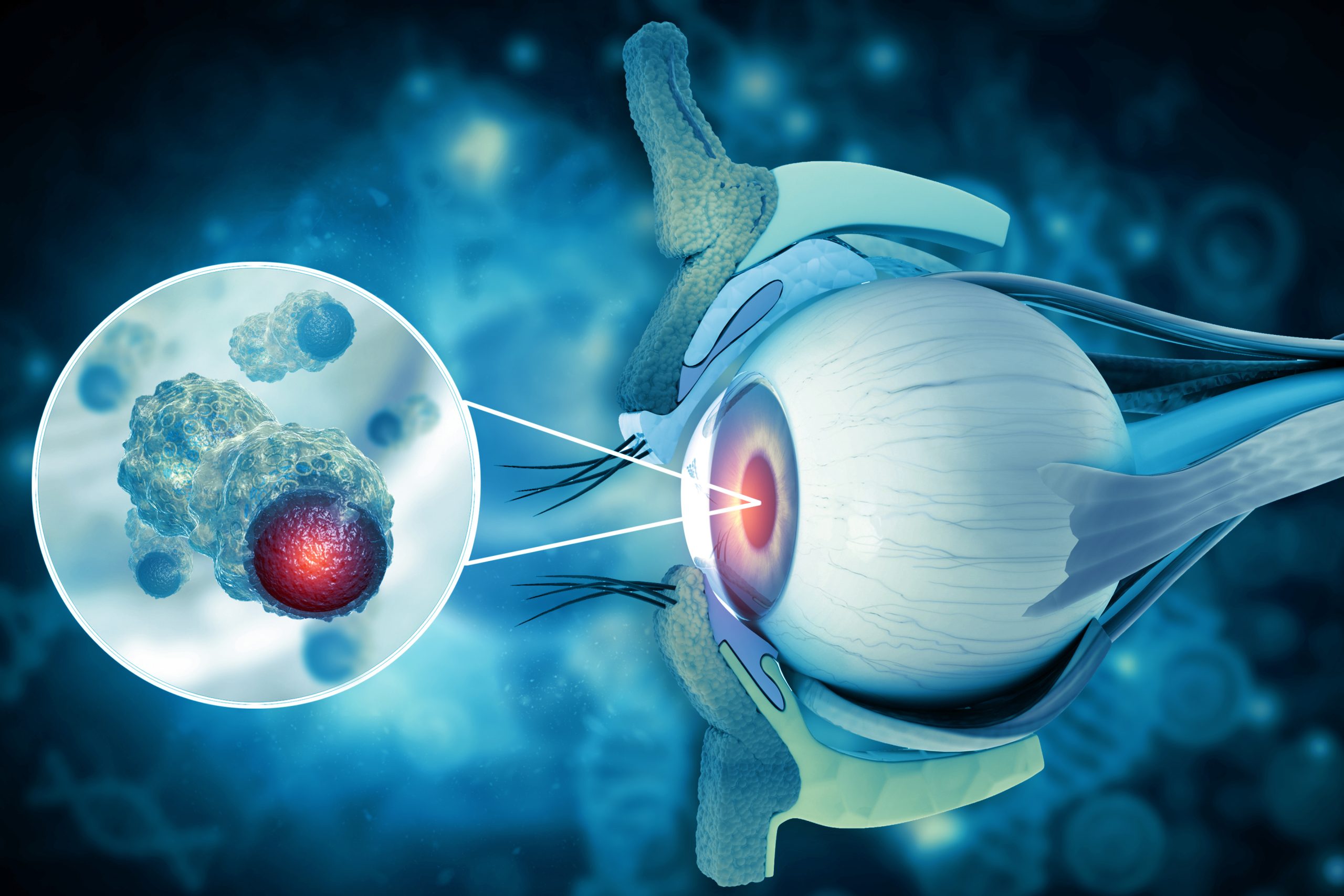Gene Therapy Breakthroughs for Inherited Eye Conditions
Introduction
In the realm of ocular health, gene therapy stands at the forefront of revolutionary treatments, offering new avenues of hope for individuals battling inherited eye conditions. These conditions, often stemming from genetic mutations, can lead to progressive vision loss and, in severe cases, blindness. However, recent breakthroughs in gene therapy have ignited optimism by targeting the root causes of these conditions at the genetic level. In this article, we explore the cutting-edge advancements in gene therapy for inherited eye disorders and the transformative impact they hold for patients worldwide.
Understanding Inherited Eye Conditions
Inherited eye conditions, also known as genetic eye diseases, encompass a diverse range of disorders that are passed down from one generation to the next through genetic mutations. These conditions can affect various structures of the eye, including the retina, lens, cornea, and optic nerve. Examples of inherited eye conditions include retinitis pigmentosa, Leber congenital amaurosis, Stargardt disease, and choroideremia.
Challenges in Traditional Treatment Approaches
Traditional treatment approaches for inherited eye conditions have primarily focused on managing symptoms and slowing disease progression rather than addressing the underlying genetic defects. While interventions such as corrective lenses, low-vision aids, and surgical procedures may provide some relief, they often fall short in halting the inevitable decline in vision associated with these disorders.
The Promise of Gene Therapy
Gene therapy holds immense promise for individuals with inherited eye conditions by offering a targeted approach to address the underlying genetic abnormalities responsible for vision loss. This innovative treatment strategy involves delivering therapeutic genes directly into the cells of the eye, thereby correcting or compensating for the defective genes causing the disease.
Breakthroughs in Gene Therapy for Inherited Eye Disorders
- Luxturna (Voretigene Neparvovec): Luxturna made history as the first FDA-approved gene therapy for an inherited retinal disease. It targets mutations in the RPE65 gene, which causes Leber congenital amaurosis and retinitis pigmentosa, restoring vision in patients with certain genetic mutations.
- Spark Therapeutics’ Investigational Therapies: Spark Therapeutics is pioneering gene therapy research for inherited retinal diseases, including mutations in the CHM gene associated with choroideremia and mutations in the ABCA4 gene linked to Stargardt disease. Early clinical trials have shown promising results in improving visual function and slowing disease progression.
- Editas Medicine’s CRISPR-Based Approach: Editas Medicine is leveraging CRISPR gene editing technology to develop potential treatments for inherited eye disorders, including mutations in the CEP290 gene associated with Leber congenital amaurosis. This groundbreaking approach aims to precisely edit the defective genes within the patient’s cells, offering a potential cure for these conditions.
Future Perspectives and Challenges
While gene therapy holds tremendous potential for treating inherited eye conditions, several challenges remain, including optimizing delivery methods, ensuring long-term safety and efficacy, and addressing the high costs associated with these innovative treatments. Additionally, ongoing research is needed to expand the scope of gene therapies to encompass a broader range of genetic mutations and eye disorders.
Conclusion
Gene therapy represents a paradigm shift in the treatment of inherited eye conditions, offering a beacon of hope for patients grappling with vision loss due to genetic mutations. With each groundbreaking advancement, we move closer to unlocking the full potential of gene therapy in restoring vision and transforming the lives of individuals affected by these debilitating disorders. As research continues to progress, gene therapy stands poised to revolutionize the landscape of ocular health, ushering in a new era of sight-saving treatments and renewed hope for a brighter future.
World Eye Care Foundation’s eyecare.live brings you the latest information from various industry sources and experts in eye health and vision care. Please consult with your eye care provider for more general information and specific eye conditions. We do not provide any medical advice, suggestions or recommendations in any health conditions.
Commonly Asked Questions
Gene therapy research primarily focuses on treating inherited retinal diseases such as retinitis pigmentosa, Leber congenital amaurosis, Stargardt disease, and choroideremia.
Gene therapy involves delivering therapeutic genes directly into the cells of the eye to correct or compensate for the genetic mutations causing vision loss.
Yes, Luxturna (Voretigene Neparvovec) is the first FDA-approved gene therapy for an inherited retinal disease, specifically targeting mutations in the RPE65 gene.
CRISPR technology enables precise gene editing, allowing researchers to target and correct specific genetic mutations associated with inherited eye disorders.
Yes, several pharmaceutical companies and research institutions are conducting clinical trials to evaluate the safety and efficacy of gene therapy for various genetic eye diseases.
Gene therapy offers the potential to restore vision, slow disease progression, and improve overall quality of life for patients affected by inherited retinal diseases.
Challenges include optimizing delivery methods, ensuring long-term safety and efficacy, addressing high treatment costs, and expanding the scope of gene therapies to encompass a broader range of genetic mutations.
Eligibility criteria for clinical trials typically include factors such as genetic mutation status, disease severity, age, and overall health status.
The future of gene therapy in treating inherited eye disorders looks promising, with ongoing research efforts aimed at advancing treatment options, improving outcomes, and expanding accessibility.
Patients and caregivers can consult with eye care specialists, genetic counselors, and reputable medical institutions for up-to-date information, resources, and potential treatment options related to gene therapy for inherited eye conditions.
news via inbox
Subscribe here to get latest updates !







